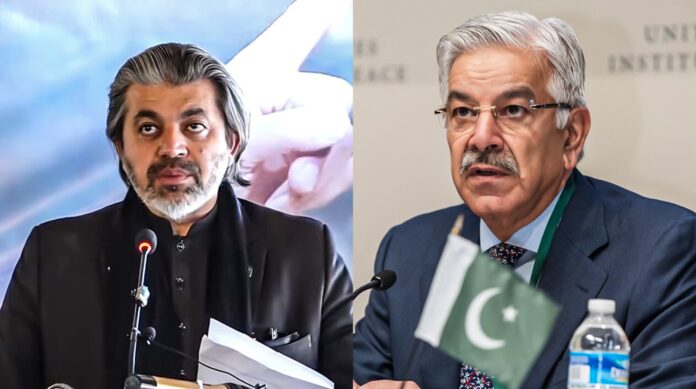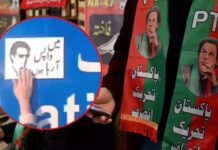MNAs Discuss Dialogue, Yet Neither Side Takes the Initiative
The National Assembly saw a relatively calm session on Tuesday, as lawmakers from the ruling PML-N and opposition PTI acknowledged the need for dialogue to resolve political tensions. However, neither side appeared ready to make the first move.
The tone for potential reconciliation was set by Defence Minister Khawaja Asif, who, in response to PTI lawmaker Sher Afzal Marwat’s conciliatory remarks, welcomed the change in tone, calling it “a breath of fresh air” from the opposition. However, Asif maintained that talks could not proceed “at gunpoint.”
Earlier, Marwat proposed forming a parliamentary committee to outline terms of reference (ToRs) for dialogue between the government and opposition. He suggested that all political forces be included in the talks, with the possibility of involving the establishment once ToRs were finalized.
While PM’s aide Rana Sanaullah appeared to support the idea, he criticized the PTI for not officially initiating dialogue. He urged the opposition to formally communicate their willingness to negotiate. Sanaullah also highlighted the neutrality of the National Assembly speaker’s office as a suitable venue for discussions.
Defence Minister Asif reiterated the need for a “conducive environment” before dialogue could commence, accusing the PTI of undermining governance in Khyber Pakhtunkhwa amid security challenges. He condemned the PTI for prioritizing political marches over addressing issues like the Kurram clashes and criticized their “selective condemnation” of security personnel’s sacrifices.
On the opposition benches, PTI leaders displayed mixed signals, expressing openness to dialogue but remaining defiant. Marwat emphasized the importance of agreeing on ToRs before involving other stakeholders. Meanwhile, PTI’s Ali Muhammad Khan accused the government of mishandling protests and reiterated that PTI would not “beg” for negotiations, declaring, “Imran Khan will eventually be released. If you can run the country with him in jail, you can try.”
While the session hinted at a willingness for dialogue, the gap between the two sides’ positions remains unresolved.




